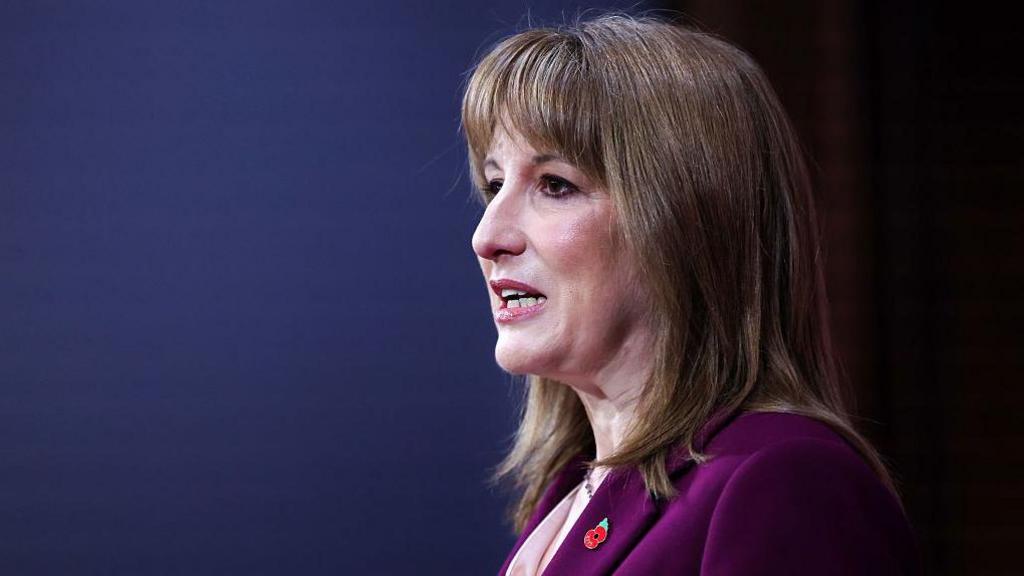After weeks of speculation regarding a potential breach of manifesto commitments, Chancellor Rachel Reeves has reportedly decided against raising income taxes in the upcoming Budget.
Amidst the Budget conjecture, here’s what is currently understood.
A proposal to increase income tax rates by 2 percentage points, coupled with a corresponding 2-point reduction in National Insurance contributions, was submitted to the Office for Budget Responsibility (OBR) earlier this month for evaluation. This plan aimed to address a projected £30 billion shortfall in public finances, largely attributed to a revised productivity forecast.
The “2 up, 2 down” strategy, initially proposed by the Resolution Foundation, was projected to generate several billion pounds, primarily from non-wage income sources like landlords and savings.
However, recent OBR assessments indicate improved projections for wage growth and tax revenue in the coming years, reducing the anticipated deficit to approximately £20 billion.
Consequently, the income tax rate increase proposal has not been included in the latest set of measures submitted to the OBR for analysis.
While this iterative process is standard practice in the lead-up to a Budget, the Chancellor’s remarks in a recent BBC interview strongly suggested a potential increase in tax rates.
Health Secretary Wes Streeting appeared to confirm the shift away from measures that could be perceived as breaking election promises, stating on Friday:
“It is really important that we keep our promises and we stand by our manifesto. The fact that there’s been speculation about income tax shows how difficult the situation is with public finances and secondly that the chancellor is determined to stick to her fiscal rules,” he said.
The Health Secretary’s comments come amidst ongoing speculation about leadership bids and assertions regarding the Prime Minister and Chancellor’s influence over bond markets.
The bond markets exhibited increased volatility this week, reacting to the uncertainty surrounding potential income tax changes.
While attributing a singular motive to the debt markets is speculative, the events of the past 24 hours offer some insight.
Following the Financial Times’ report on the abandonment of the tax rate plan, there was a notable increase in the government’s effective borrowing costs, with a 0.12% increase in 10-year gilt yields.
Markets had previously been reassured by the Chancellor’s commitment to fiscal discipline.
This confidence was partly driven by expectations of lower Bank of England interest rates amid a softening jobs market. The Chancellor’s willingness to make politically challenging decisions, such as potentially breaking tax rate promises, was viewed favorably by bond investors as a means of controlling borrowing.
However, recent developments, including the retraction of other proposed tax measures, have raised concerns about the government’s willingness to prioritize fiscal prudence over political considerations.
Even after confirmation that improved economic forecasts had reduced the budget gap and lessened the need for a tax rate hike, the markets only briefly stabilized before experiencing further increases in effective borrowing rates by the end of the day, signaling renewed uncertainty.
Sources indicate that the Chancellor’s Budget strategy “remains the same,” with the goal of significantly increasing the buffer or “headroom” on meeting borrowing rules from the current £10 billion per year, addressing cost-of-living pressures, and making “fair choices” on tax.
This likely entails extending the £40 billion annual freeze on tax thresholds, which generates an additional £8 billion per year as more workers’ salaries move into higher tax brackets.
Ministers emphasize their intention to focus on wealth, capital, and income from those sources, rather than on wage earners.
The recent series of leaks and announcements surrounding potential tax reforms have raised concerns about market stability.
Final decisions on the Budget are yet to be made, and the process is ongoing. The hope is that the path forward will be smoother leading up to the Budget announcement on November 26.
Some experts think the government may break its promise not to increase income tax, NI or VAT for working people.
Jersey Consumer Council warns a “user-pays” tax could lead to unhealthy habits.
Deputy St Pier says increasing income tax places over-reliance on the taxation of personal income.
Scottish ministers wants to use bonds to raise money from investors to fund infrastructure projects.
Alderney’s Chamber of Commerce say increasing existing tax will be better than reform.

